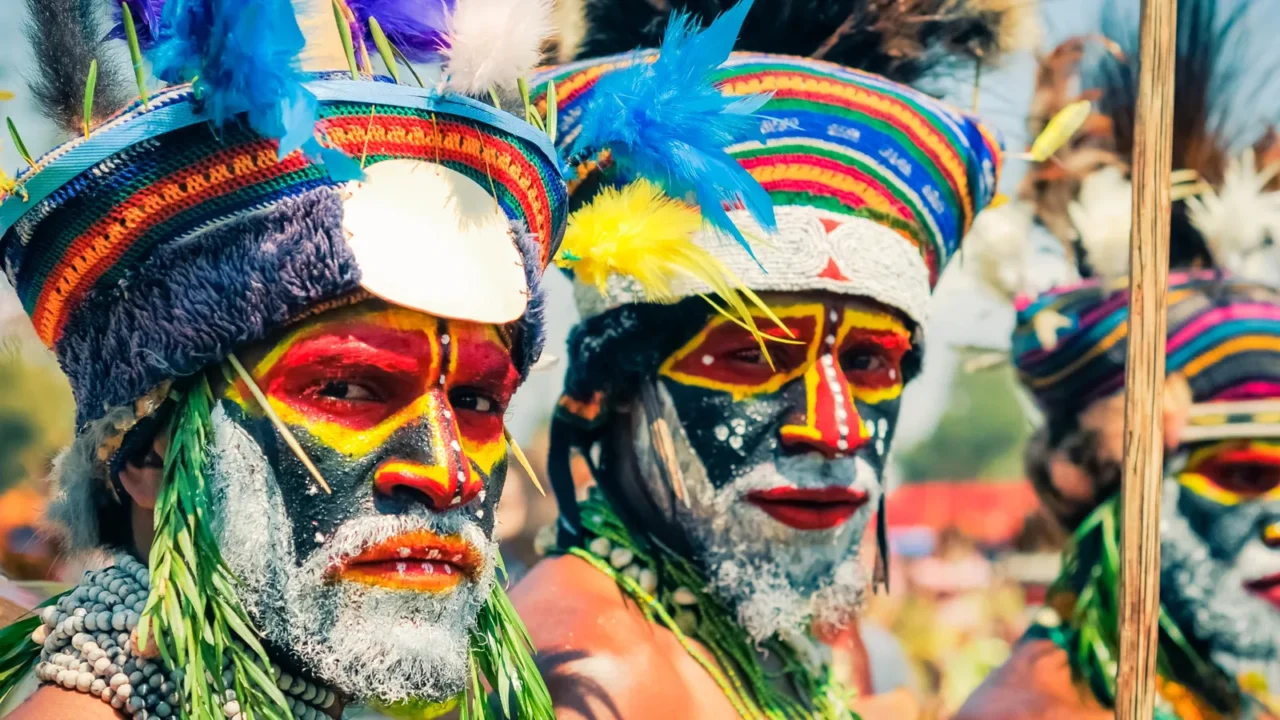
Canada urges caution in PNG
Canada has raised a strong advisory against non-essential travel to Papua New Guinea. Officials point to the widespread civil unrest, tribal violence, and criminal activity, making many areas unsafe. The advisory highlights that risks aren’t just in remote provinces but also in major cities.
Travelers considering a visit are urged to think carefully about whether the trip is worth the potential danger. Those who decide to go despite the warnings need to be fully prepared, stay alert, and plan for unexpected disruptions. Safety remains the top concern for Canadians abroad in uncertain destinations like PNG.
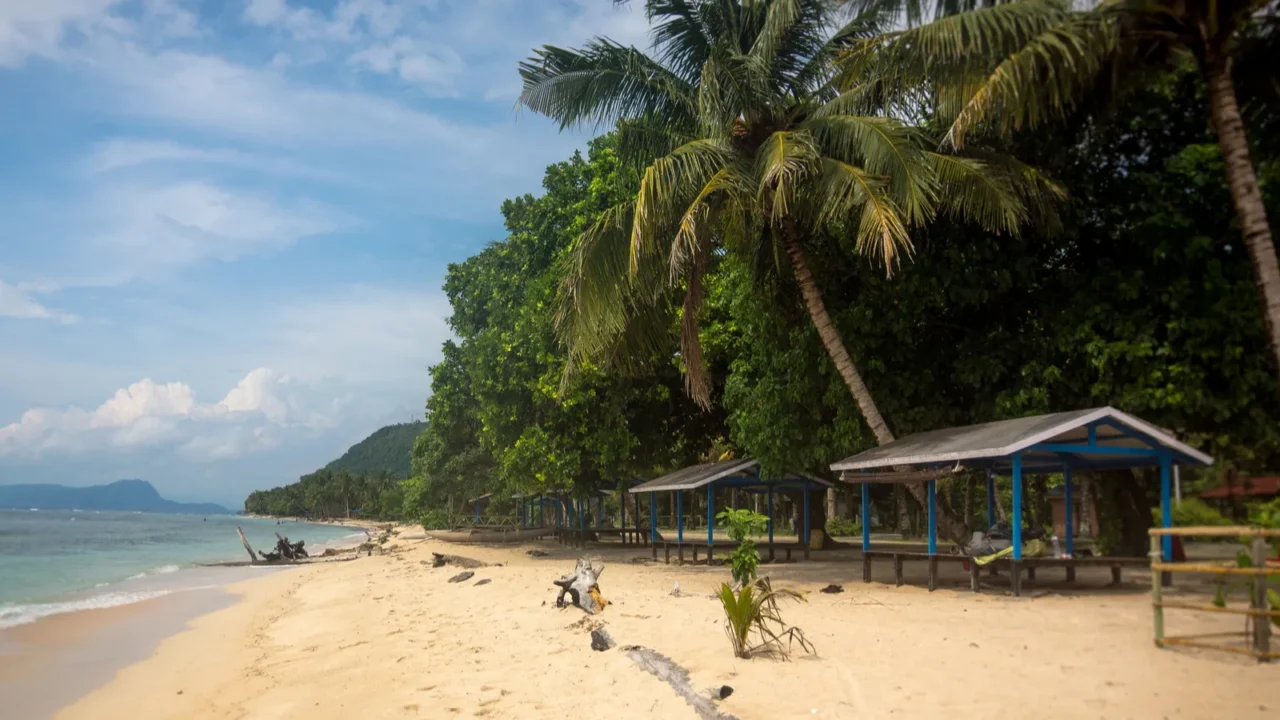
Violence in multiple provinces
Violence has intensified in Enga, Hela, and Southern Highlands provinces, where tribal rivalries have erupted into deadly clashes. Local officials have declared certain districts “fighting zones,” signaling that control is limited and the risks are high.
Curfews have been put in place to restrict movement, and many schools and government offices have shut down. These disruptions make daily life difficult for locals and even more dangerous for outsiders. Tourists traveling in or near these provinces face the chance of being caught in violence unexpectedly, with little warning or protection available.
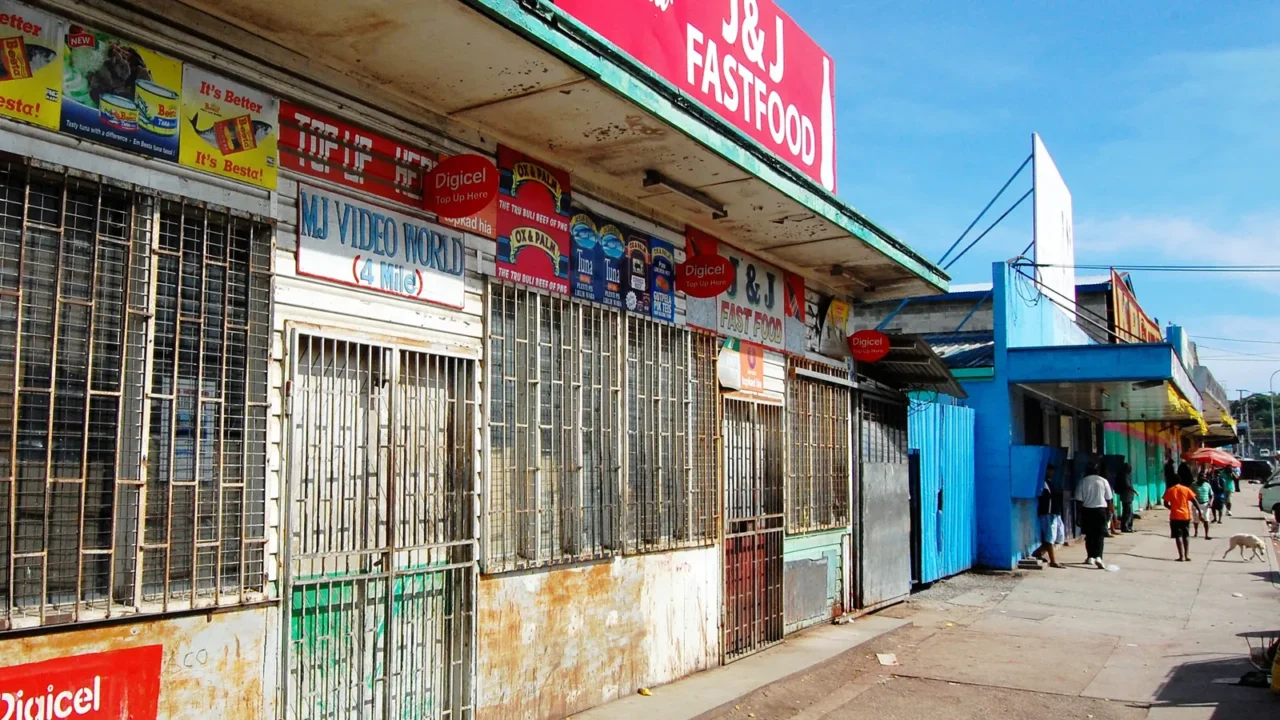
Rising crime in major cities
Port Moresby and Lae, the country’s two largest cities, face troubling crime challenges. Armed robberies, carjackings, and break-ins are reported frequently, leaving little room for travelers to feel secure.
Tourists are often targeted if they appear unfamiliar with the environment or display valuables. Even routine tasks like using public transportation or walking short distances can be risky.
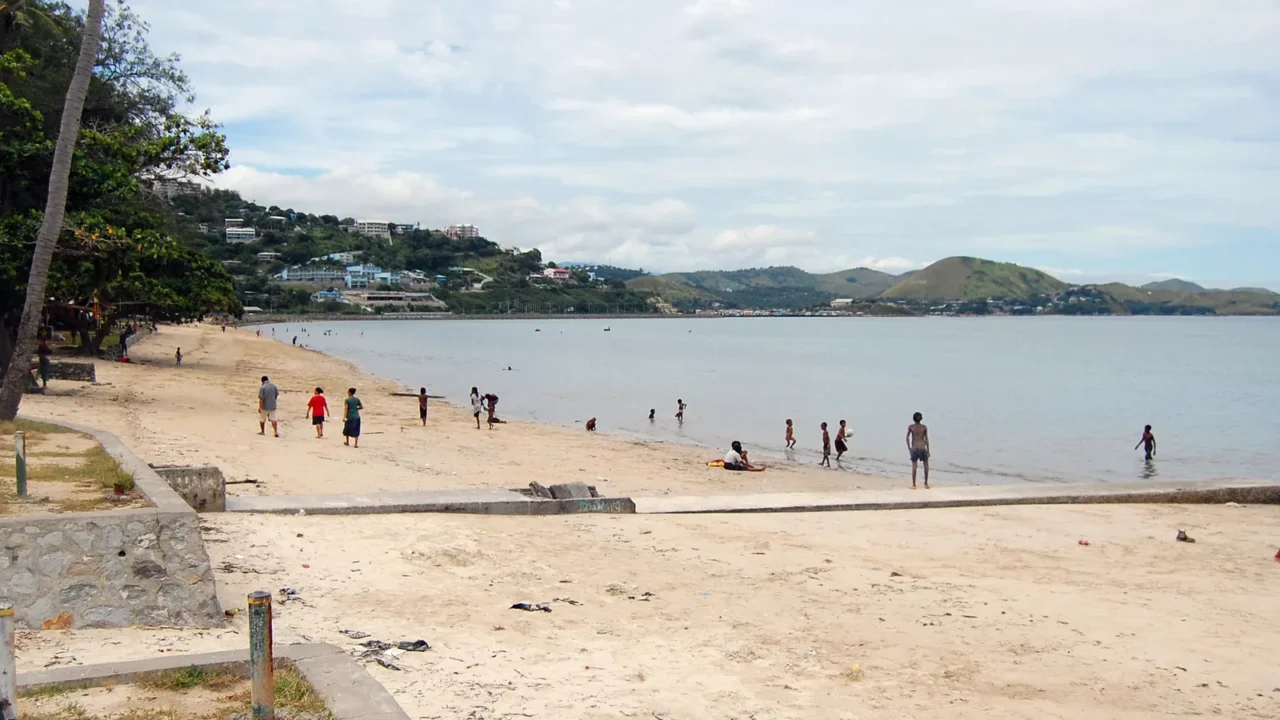
Impact on tourism
The unrest has had a heavy effect on Papua New Guinea’s tourism industry. Once a destination known for its rich culture and landscapes, it now sees far fewer international visitors.
Local businesses that rely on tourism are struggling, from hotels to small operators. This decline makes services less consistent for those who still visit.
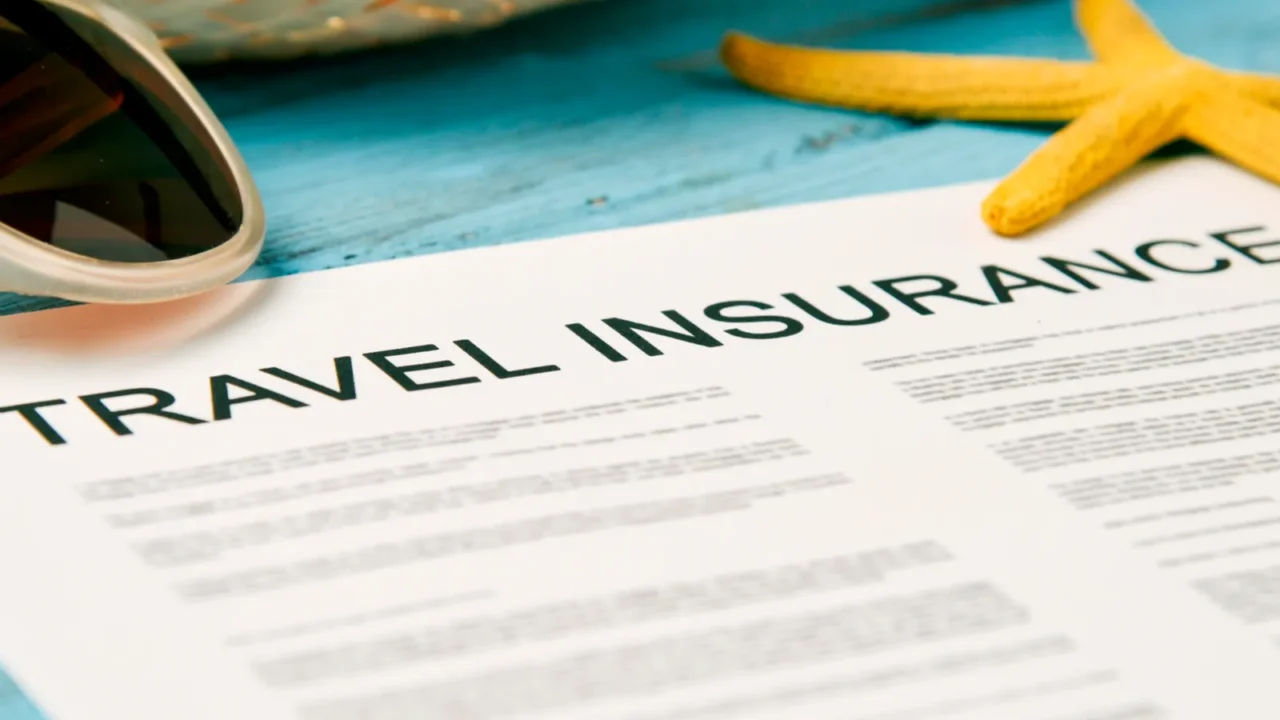
Travel insurance is a must
Canadian officials strongly emphasize purchasing solid travel insurance before going to Papua New Guinea. This should cover emergencies like sudden illness, evacuation, or even trip interruptions due to unrest. Without it, travelers may face overwhelming costs if something goes wrong.
In destinations with elevated risks, standard coverage often isn’t enough. Policies should be reviewed carefully to make sure they include high-risk areas.
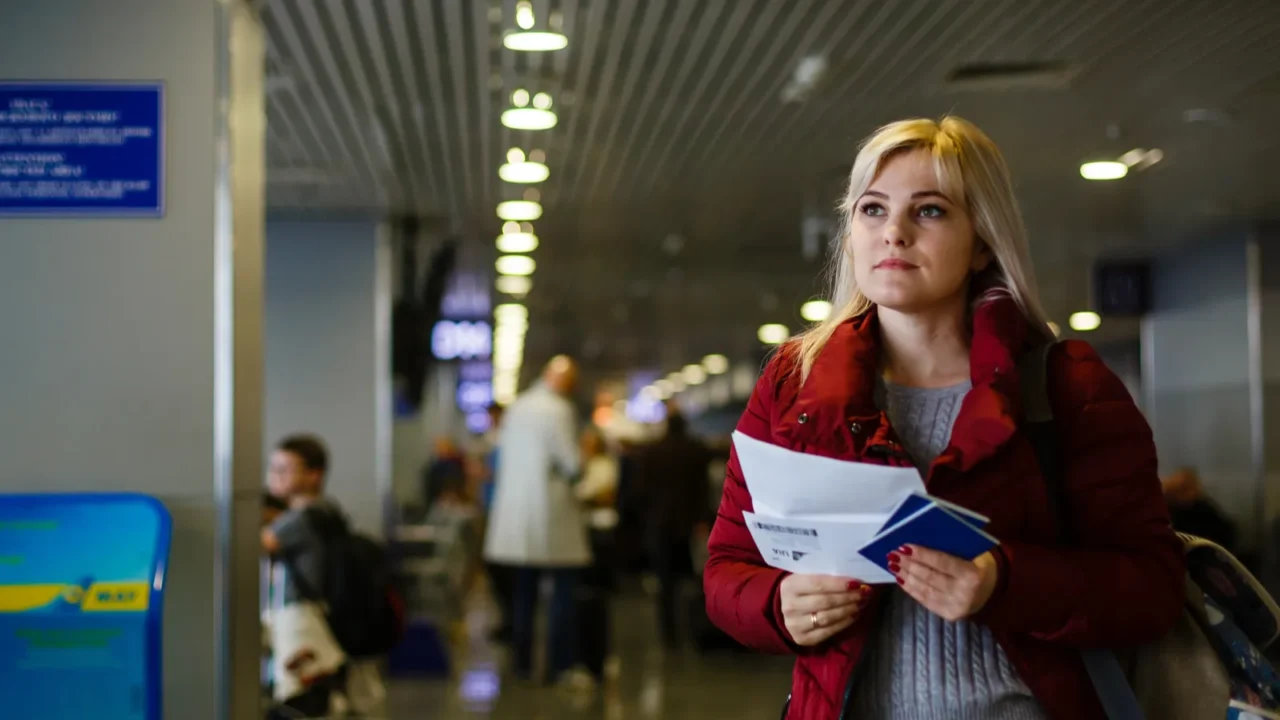
Flexible airline policies
Airlines sometimes provide options for passengers when advisories are issued. Travelers to PNG may be able to request date changes, cancellations, or credits if safety concerns disrupt their plans. Policies vary widely, so early contact with airlines is essential.
Some operators factor government travel advisories into their decisions and may offer flexibility as a result. Travelers should also speak with their travel agents for alternative routes or postponement options.
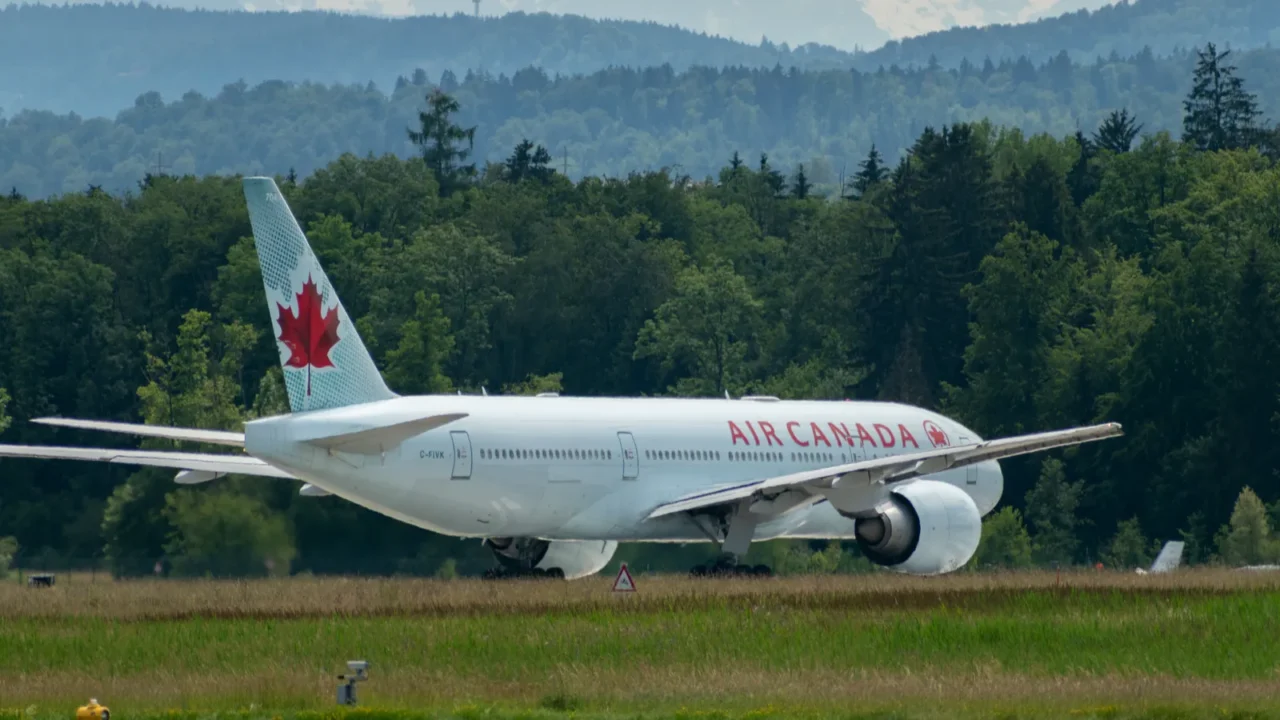
Register with government programs
Canadians planning international travel are encouraged to sign up for the Registration of Canadians Abroad. This free service connects travelers with embassy updates and emergency information in real time.
By registering, citizens make it easier for officials to locate them quickly if situations worsen. Families back home also benefit, knowing their loved ones are in a system that provides updates.
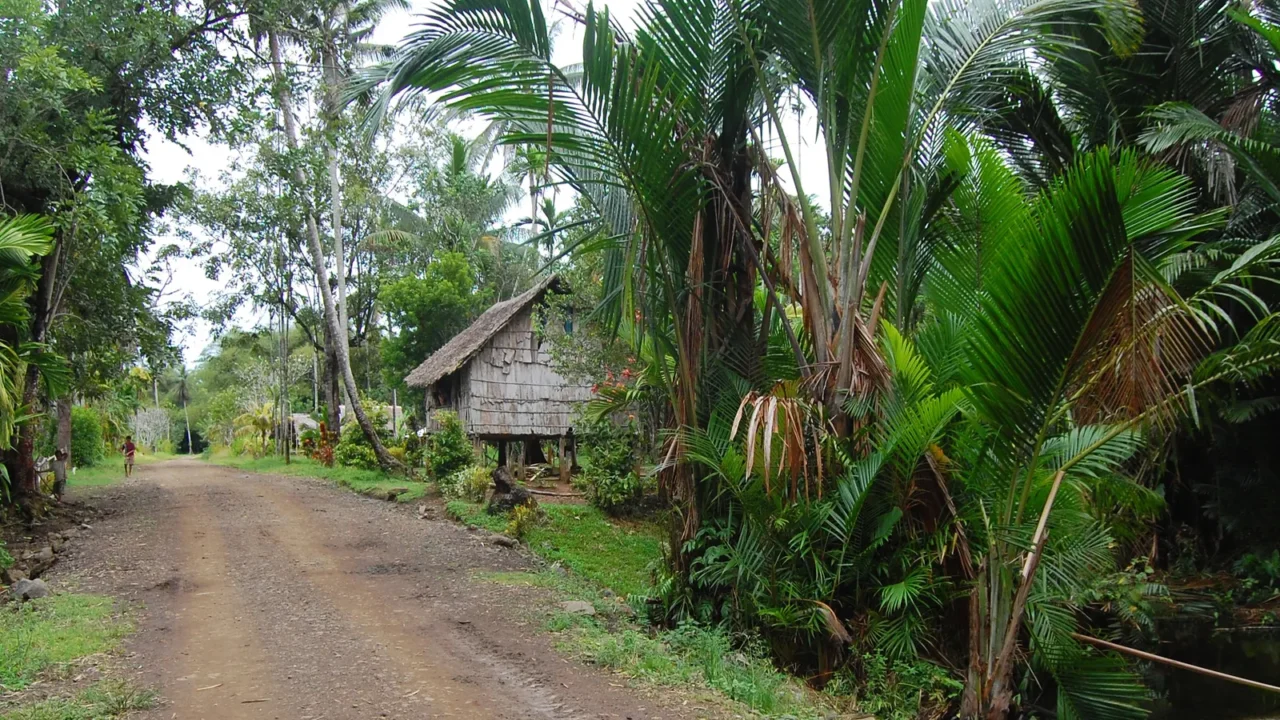
Safety tips on the ground
Those still moving forward with travel to PNG should use extreme caution. Limit movement to daylight hours and avoid isolated or poorly lit areas. Arrange safe transportation ahead of time and confirm reliability.
Tourists should also keep a low profile by dressing modestly and not displaying valuables such as jewelry or electronics. Using only reputable guides or drivers further reduces risks.
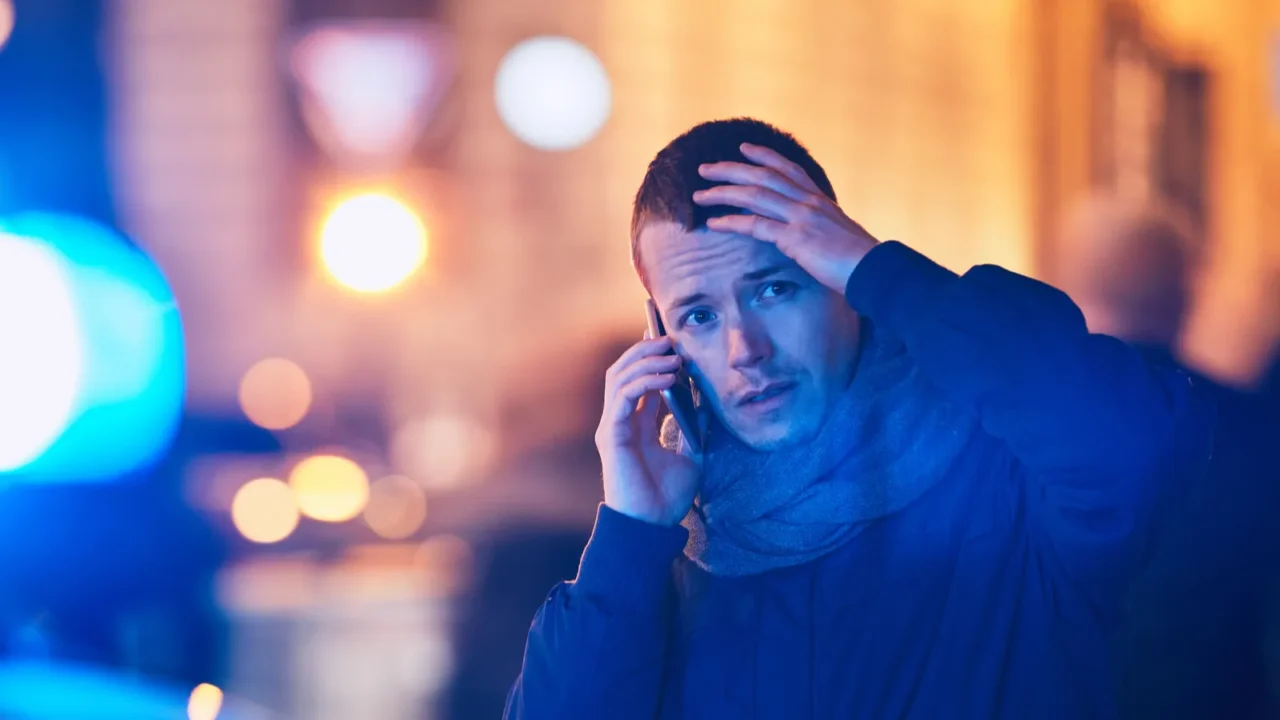
Emergency contacts matter
Before leaving for PNG, travelers should prepare a list of essential contacts. This includes Canadian embassy or consulate numbers, local emergency services, and reliable hotel or tour operator contact information.
Having this information ready means less time wasted during a crisis. Communication plans with family at home also help keep everyone informed and calm.
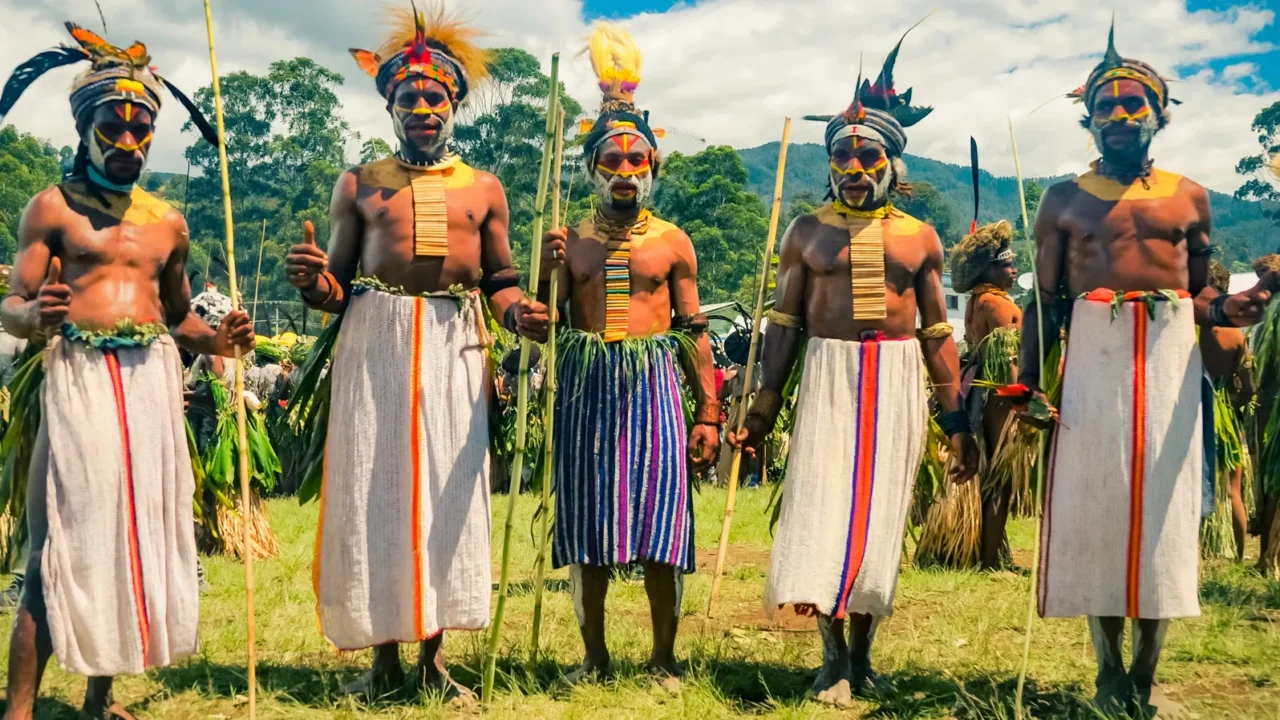
Why Enga is high risk
Enga Province has become one of the most dangerous regions in Papua New Guinea. Intense tribal fighting has caused numerous deaths, widespread property damage, and the displacement of families. Local authorities struggle to restore order as violence continues.
The government has declared many areas in Enga as fighting zones, warning travelers to stay away. For tourists, the risks are far too high, with little access to safe transportation or reliable services. Visiting Enga under current conditions places individuals directly in harm’s way.
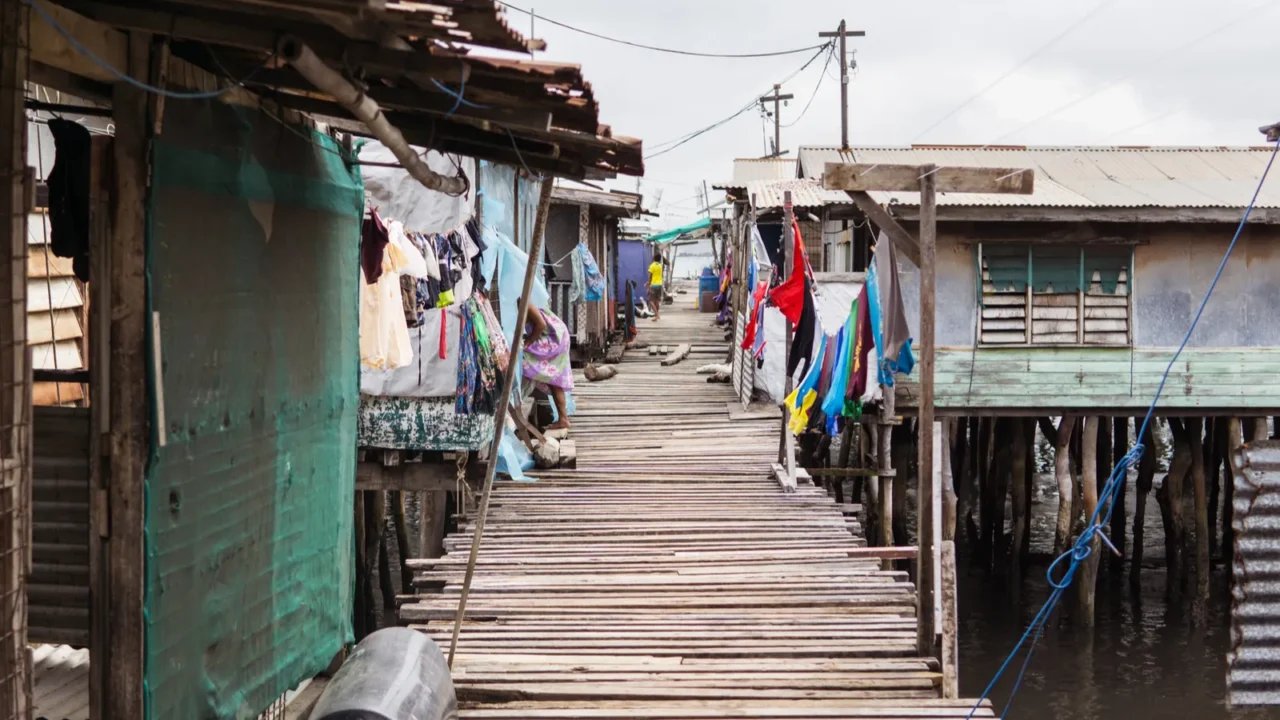
Port Moresby risks
Port Moresby, while the capital and entry point for many visitors, has a reputation for danger. Crime rates are among the highest in the Pacific, making it a difficult city for safe exploration.
Street crimes like muggings and assaults occur regularly. Travelers arriving should arrange secure rides from the airport and avoid unplanned trips. Staying in reputable hotels and limiting movement outside of controlled areas is the safest option. Even short walks at night pose serious risks in this city.
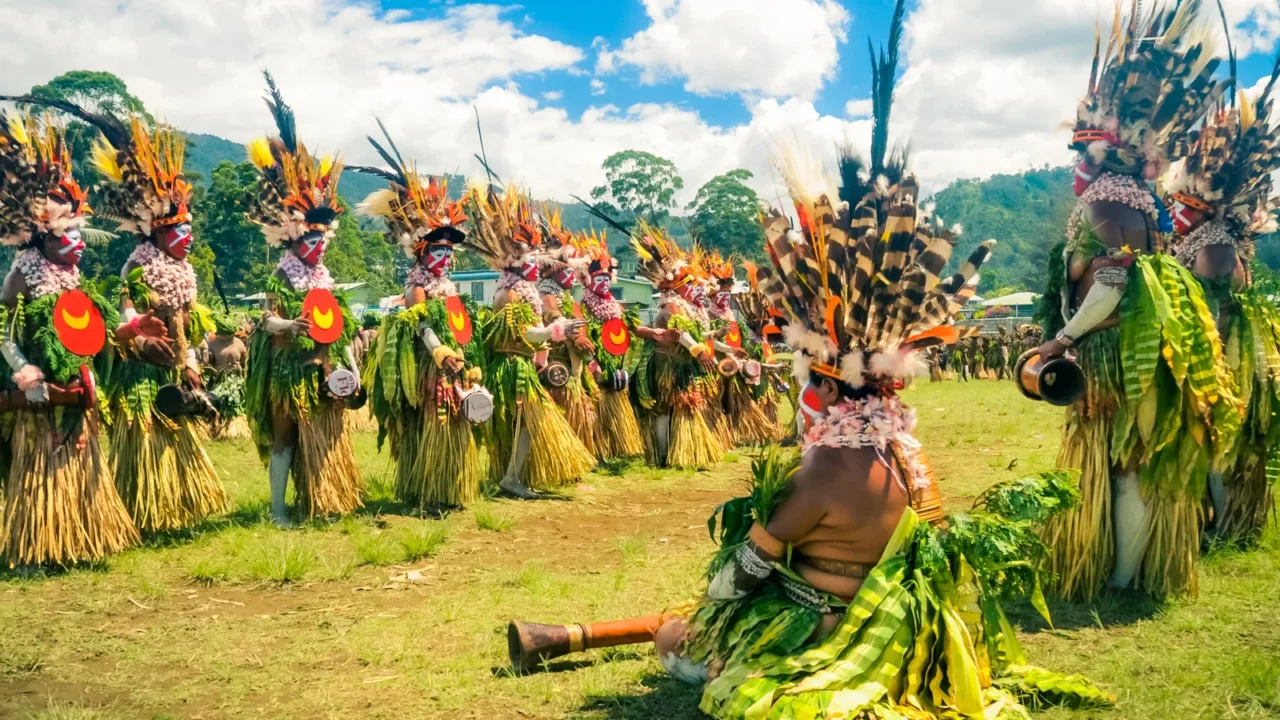
Lae under pressure
Lae, known for its port and industry, faces many of the same crime problems as the capital. Armed robberies and gang activity create serious concerns for both residents and visitors.
Nighttime is especially unsafe, and even daytime travel should be carefully planned. Using only verified drivers and avoiding crowded or isolated areas is essential. For tourists, Lae offers few safe spaces, and risks are high without strong precautions in place.
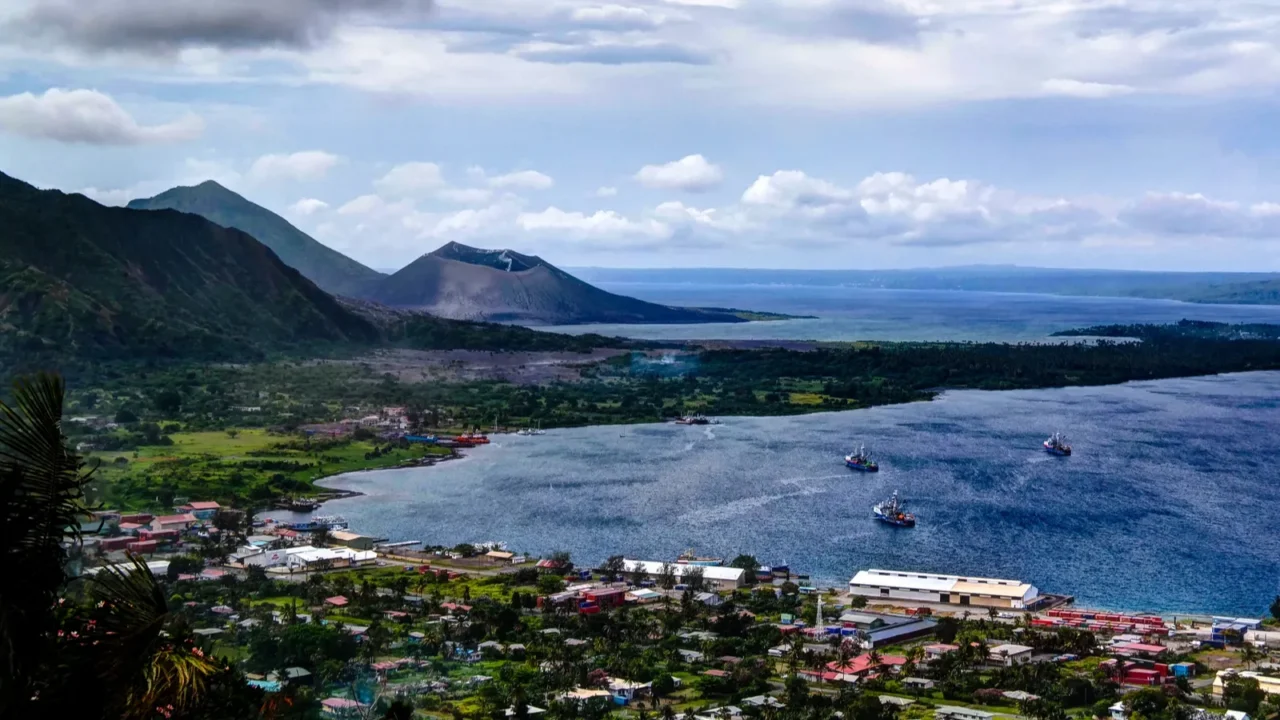
Curfews and closures
Curfews are now active in several parts of Papua New Guinea to try to restore order. While these help local authorities, they also restrict movement for anyone visiting.
Government offices, schools, and other services have closed in some areas. For travelers, this means that even basic needs like banking or transportation can become difficult. These restrictions highlight the instability visitors face and show how quickly plans may need to change.
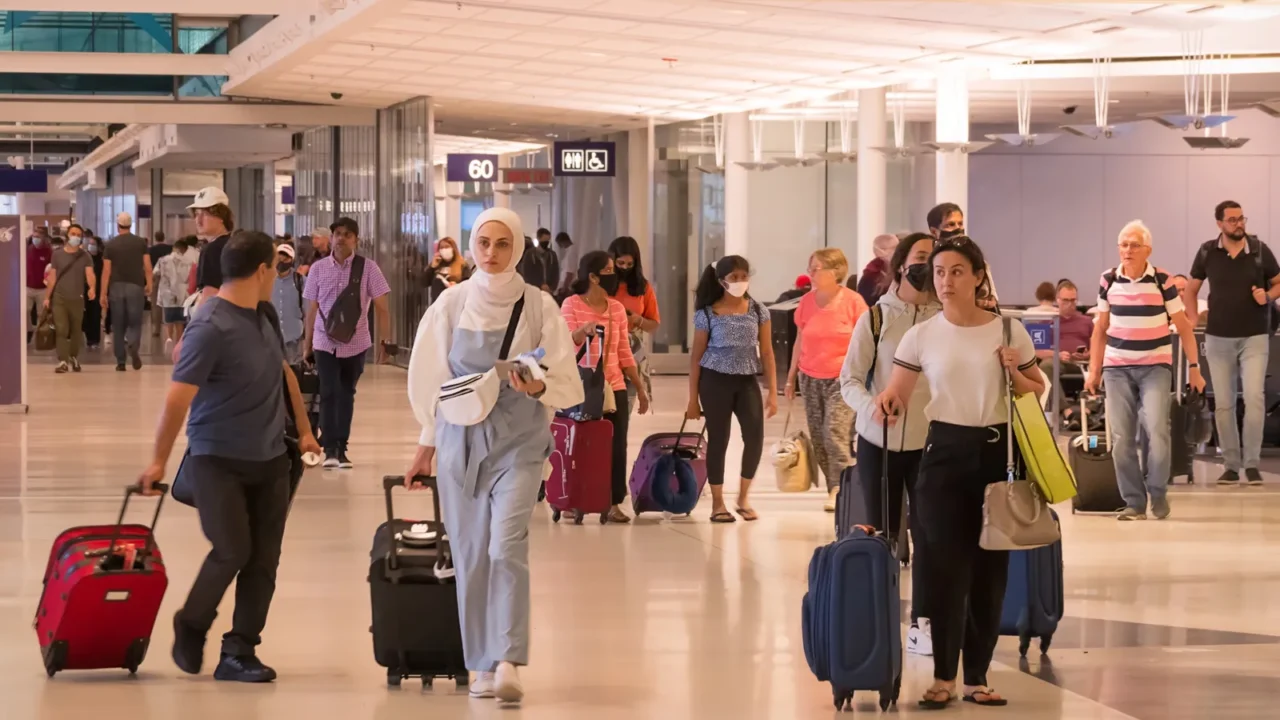
Global trend of advisories
Canada’s warning about PNG is part of a broader global picture. The government has also urged against travel to countries such as Libya, Myanmar, and Yemen due to ongoing conflicts.
In contrast, other destinations like Jamaica, Mexico, and some European regions carry more moderate advisories, often tied to localized crime or security risks. Staying informed helps travelers make safer choices wherever they go.
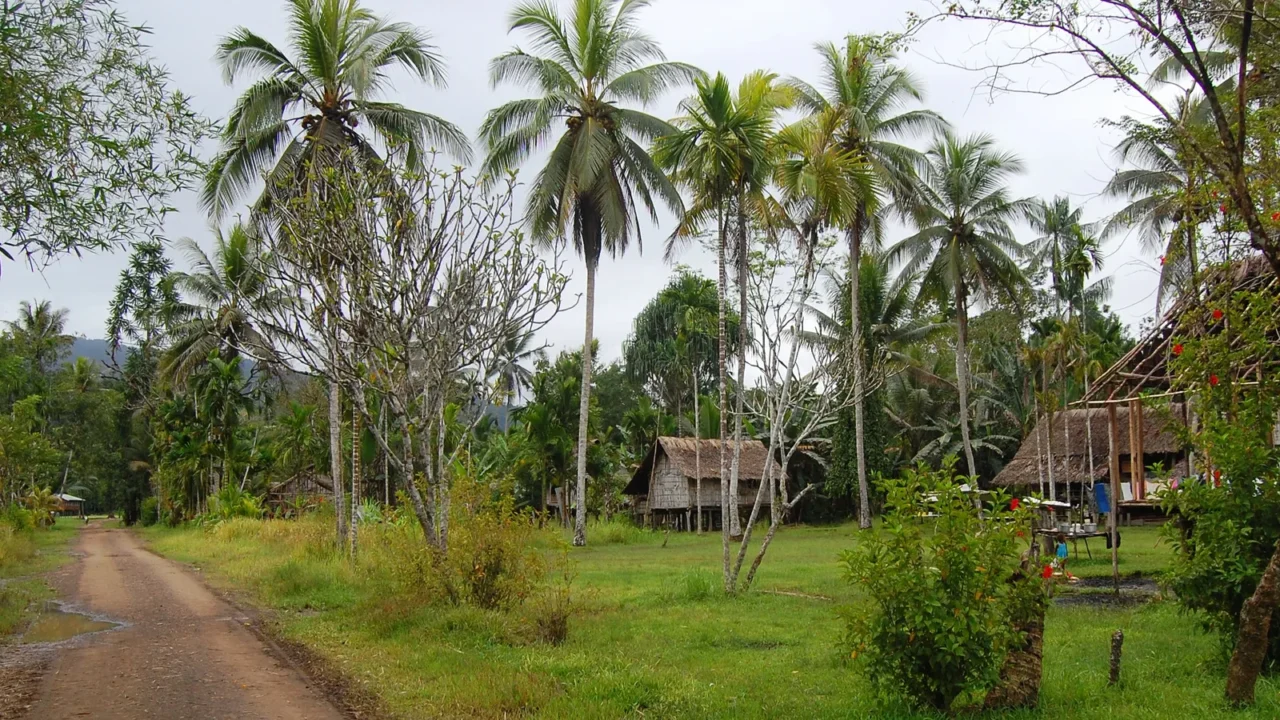
Staying in tourist areas
In many high-risk countries, Canadian officials recommend staying within recognized tourist zones. These areas usually offer better security, more reliable services, and organized support if problems occur.
Traveling outside of these zones can raise risks sharply, especially in rural regions where law enforcement is limited. Safety looks different around the world. Discover 15 countries that can be especially challenging for solo female travelers and why.
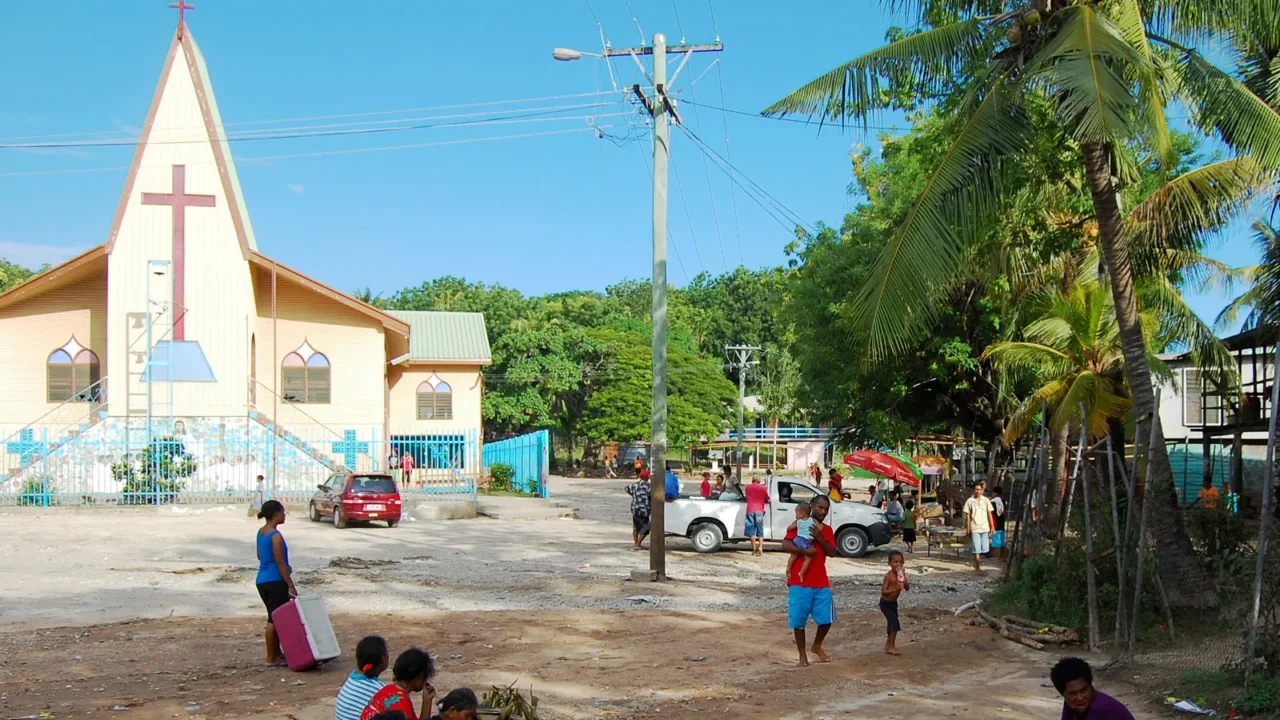
Risks for unprepared travelers
Travelers arriving in PNG without research or preparation face serious dangers. Unfamiliarity with security conditions and local issues makes them more likely to be targeted.
Simple oversights, like carrying valuables openly or using unsafe transport, can lead to big problems. Being prepared with knowledge, emergency plans, and secure arrangements reduces these risks. Unprepared tourists, however, remain vulnerable in high-risk destinations.
Preparation can keep you safe, but in some places, even that’s not enough. See the summer hotspots where anti-tourism is on the rise.
Would you still visit Papua New Guinea despite the risks, or would you wait for things to calm down? Share your thoughts below.
Read More From This Brand:
- Why American tourists are falling out of love with Las Vegas
- Citizens of more than 70 countries can now visit China without a visa
- The Japanese ryokans and art museums that will make you want to return again and again
Don’t forget to follow us for more exclusive content right here on MSN.
This slideshow was made with AI assistance and human editing.